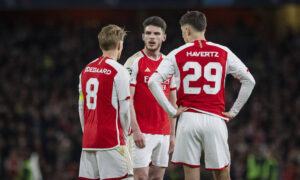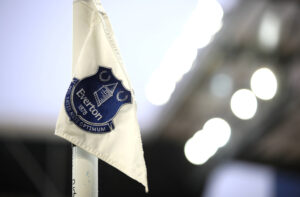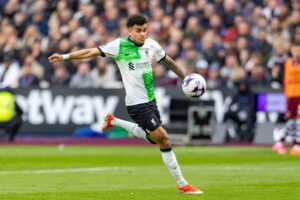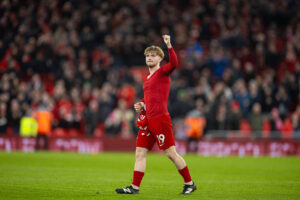Reinstating the beautiful game is to support local non-league football. But, in a sport where only gargantuan clubs dominate the attentions of fans, attitudes to the lower echelons must change. These clubs deserve more support.
Support Non-League Football
Financial
Local clubs such as St Neots Town FC benefit from ticket sales and matchday spending to a much greater extent. This is because little revenue comes from elsewhere. There is no huge shirt sales in three different continents. For example, Zlatan Ibrahimović’s shirt sales made £76m for Adidas and Manchester United within one week of his transfer. This seventh tier club struggles to make even 0.1% of that annually.
This huge gulf in finance often acts a barrier for club progression. Widening financial inequality creates elitist leagues where only the richest can compete. To change this norm, fans can choose to support their local non-league team.
As a result of increased match attendance and spending, there are many benefits. Firstly, the fans themselves are rewarded as their club can develop. This includes improving facilities and investing in players. Secondly, the local youth benefit from improvements to scholarship programmes. Not only does this provide better education but also develops better young footballers for the club.
Furthermore, this would benefit English football nationally. The Premier League would experience a rise in quality English talent. As a consequence, the English National Team would have a chance to improve its performances across the globe.
Social
Football should celebrate local communities by representing them. However, the modernisation of the game has greatly affected this. Football has become globalised. Supporting a club like Tottenham Hotspur no longer just represents North Londoners, it now instils pride and a sense of belonging to fans worldwide.
Thus, Premier League support is creating a much larger community. One downfall of this is the meaning of derby matches. How far is Tottenham versus Arsenal a derby? Few players, staff or even fans are truly locals. Of course, there are still some locals who attend the matches and in this sense, the original definition of a derby is retained. On the other hand, a local non-league derby is much more likely to involve local communities.
The local area can also benefit from increased support. Retail and other services benefit from extra income, leading to improvements for the whole community. Demand for local shops ensures their threshold is fulfilled and still benefiting locals.
Standards And Entertainment
The Football League system is a way of ranking teams in according to their ability. Except, this overlooks the entertainment of non-league football. There is still great competition on show. One example is St Neots vs Poole Town. Ever since Poole prevented the Saints from gaining promotion it has always been a hotly contested affair.
Each match brings a new challenge and new circumstances. For instance, the weather conditions and pitch conditions in non-league football can be a fantastic leveller. It also raises another key issue of modern football, the lack of quality football pitches, especially at grassroots level.
While Premier League footballers play on pristine surfaces, many non-league pitches are in a poor state. This highlights the need for support of local clubs to help create and sustain quality playing surfaces. In addition, it shows how fans’ admission fees could make real-time, tangible improvements to their club.
main photo via Claire Howes [@howesy14]






